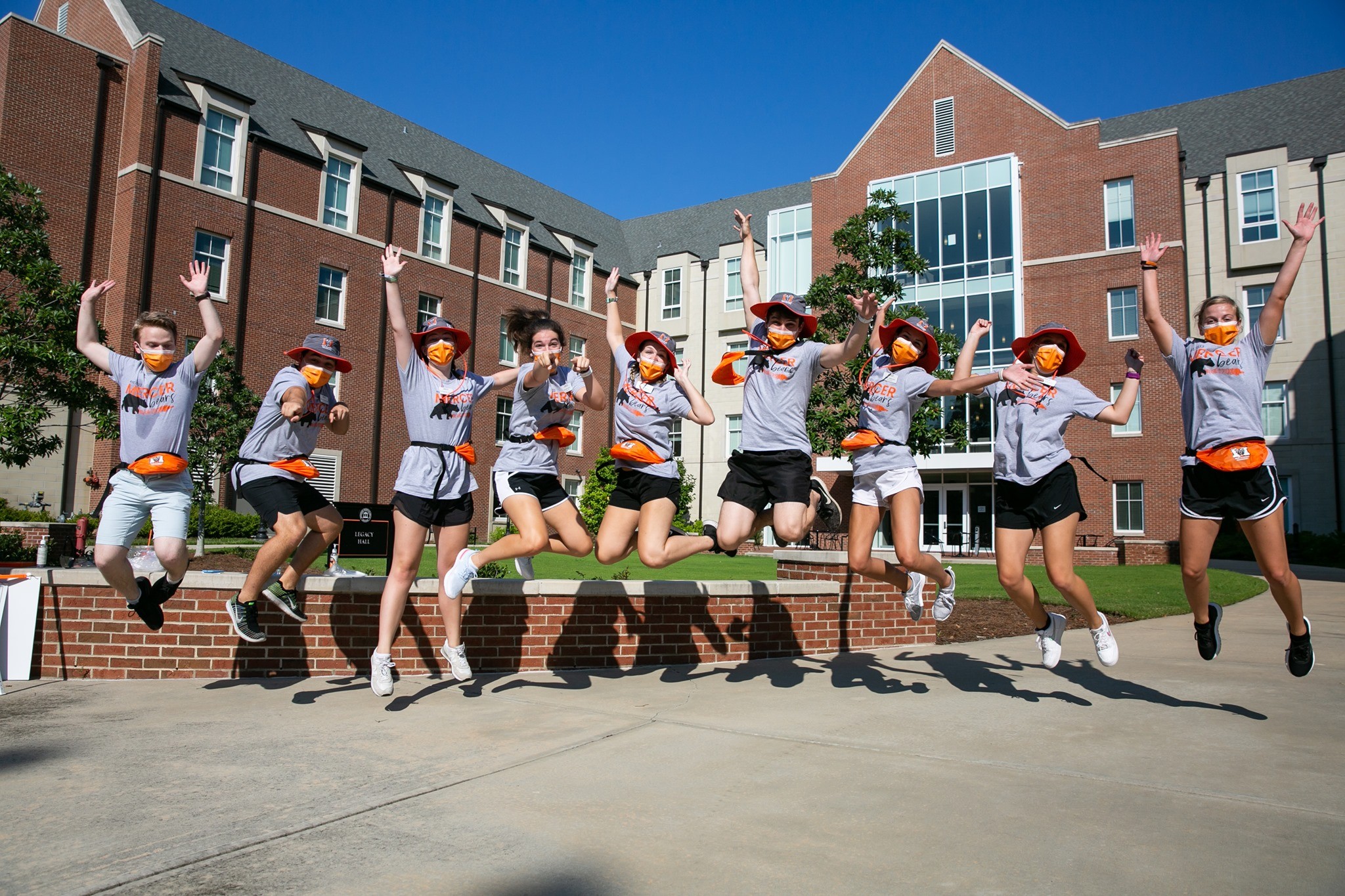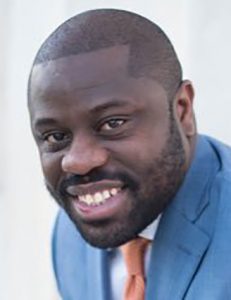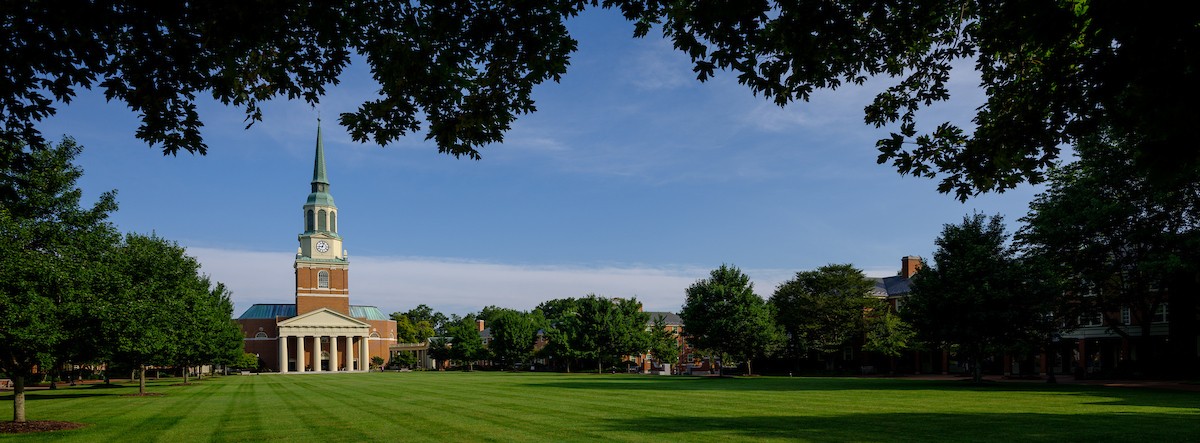The U.S. Supreme Court’s June decision overturning race-based affirmative action in college admissions won’t stop efforts to promote diversity at some Christian schools or at the Council for Christian Colleges and Universities, which counts 185 member schools and 520,000 students worldwide.
CCCU said the court’s decision may have “narrowed the specified tools permissible to attain diverse student bodies,” but it will continue to value all students, “in particular, as it relates to this case, students of color from the United States and around the world. … CCCU respects the court’s opinion without in any way walking back the commitment to diverse student populations now and into the future.”
The high court’s ruling may increase interest in CCCU’s October diversity conference at John Brown University. The event will feature experts, research and best practices “on strategic campus transformation” under the theme, “Diversity Still Matters.”
Wake Forest University School of Divinity in North Carolina said it “will not waver in its commitment to creating and sustaining inclusive, diverse learning communities” as it weighed in on both the court’s affirmative action decision and its ruling in 303 Creative v. Elenis, which granted businesses the right to refuse service to same-sex couples:
“In an age of a resurgence of white Christian nationalism, virulent anti-Black racism and antisemitism, denial of the reproductive rights of women, denigration of the lives, rights and dignity of LGBTQ citizens, and an open embrace of authoritarianism, today’s ruling reminds us that matters of law cannot be separated from matters of values,” the statement said.
The court ruling won’t separate Wake Forest from its values, which include “cultivating a community of learners that celebrates diverse religious, racial, ethnic, cultural, gender, and sexual identities and that fosters accessibility for all its members.”

Student volunteers at Mercer University display school spirit and COVID-inspired swag.
At Georgia’s Mercer University, more than 20% of undergraduate students identify as Black or African American. The school says it will continue to seek diversity: “Promoting and maintaining a diverse student body has long been a core value at Mercer, and the university has been able to realize that value without the use of race-based admissions practices.”
United Women in Faith, a United Methodist group that supports five Historically Black Colleges and Universities and claims to be “the largest denominational organization for women,” said it was “gravely disappointed” with the court’s decision, which it called “a massive step backward for racial equity.”
UWF’s Elizabeth Chun Hye Lee said the group was disappointed but not surprised by the court’s ruling. “There has been a long-lasting campaign against affirmative action, which exists as part of a broader current backlash to historic and present-day racial and gender justice movements,” she said. “We mourn but we are not defeated.”
The Progressive National Baptist Convention Inc. “categorically rejects” the decision, saying, “Utterly reprehensible and harmful to the future of American economics and democracy, this decision shreds one of the few extant, hard-fought achievements of the Civil Rights era, a moment in American history PNBC members worked to realize.”
PNBC said the ruling failed to account for “the existence of barriers and exclusion experienced by nonwhite people to this day,” adding, “As dangerous as white Christian nationalism and interpersonal racism prove to be, today strips us of the illusion that our government possesses a thoroughgoing devotion to racial justice.”
Some critics of the court tied its affirmative action decision to its other ruling on the rights of gays and lesbians.

Elijah Zehyoue
Elijah R. Zehyoue of the Alliance of Baptists called the court’s decision in these two cases “disheartening, disappointing, discriminatory. And unjust!”
“This week the Supreme Court made decisions to regress the hard-fought progress and negatively affect the lives of many already marginalized and vulnerable people in our country,” he said.
Cheryl Townsend Gilkes, a professor at Colby College in Maine, connected the court’s decisions to the Southern Baptist Convention’s decision to expel congregations with women in pastoral roles.
“The injustice of assaults on various forms of affirmative action and marginalized communities must remind us not to give in to despair and to continue the work until, in the words of the prophet Amos, we ‘let justice run down like water and righteousness like a mighty stream,’” she wrote in a Religion News Service column.
Related articles:
Taking down affirmative action only gives the illusion of equality | Opinion by Darrell Hamilton II
Sarah Huckabee Sanders is wrong about Martin Luther King and affirmative action | Opinion by Wendell Griffen


